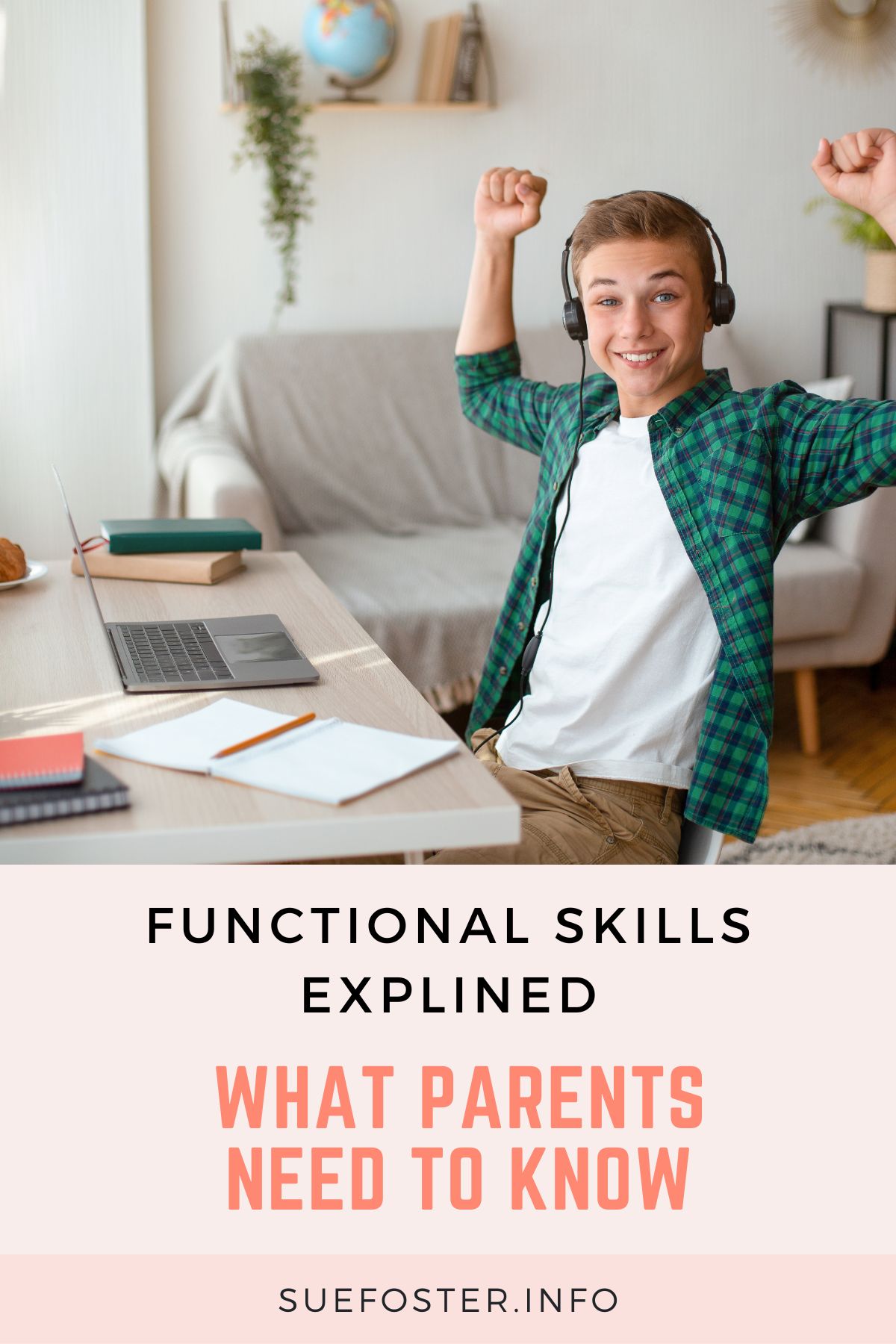If you’re home educating, or your child hasn’t quite got on with the traditional GCSE route, you may have come across Functional Skills. They’re a practical alternative that focuses on the essential maths, English and ICT skills people need for everyday life and work.
What are Functional Skills?
Functional Skills are qualifications in English, Maths, and ICT designed to give learners the core skills they’ll use in daily life, further study, or the workplace. They’re available at different levels, from Entry Level up to Level 2 (which is equivalent to a GCSE pass at grade 4/C).
Why Parents Might Consider Functional Skills
- Flexible learning – Courses and exams can be done online at your child’s own pace.
- Alternative to GCSEs – Some children don’t suit the GCSE style of exams, and Functional Skills can be a more accessible option.
- Recognised by employers – A Level 2 Functional Skills qualification is accepted by many employers and colleges as equivalent to a GCSE pass.
- Practical focus – They’re less about memorising and more about applying knowledge to real-life situations.
Subjects Covered
- English – Reading, writing, and speaking/listening skills.
- Maths – Practical numeracy skills such as percentages, ratios, and problem-solving.
- ICT – Basic computer and digital skills (though ICT is becoming less common as many courses focus mainly on maths and English now).
Assessment
Unlike GCSEs, Functional Skills exams tend to be shorter and more straightforward. Many providers offer online exams, meaning learners can complete them from home.
When my daughter took her Maths Level 2, she was able to do it entirely at home without a live invigilator. Instead, she recorded her exam session from start to finish, which was then submitted for checking. This made the process less stressful and much more convenient.
Who Can Take Them?
They’re not just for school-age learners – adults take them too, especially if they need a GCSE equivalent for work or further study. For home educating parents, they can be a great stepping stone for teens who may not be ready for GCSEs or who need a different approach.
Where to Find Functional Skills Courses
There are a range of online providers offering Functional Skills courses, including:
- Planet Diversity – self-directed online learning or lessons, popular with home educators.
- LearnDirect – a well-known national provider with flexible course options.
- Pass Functional Skills – specialises in Functional Skills with online resources and exams.
Tip: Prices vary depending on the level of support offered, so it’s worth comparing providers. Some also give free assessments to help determine the right starting level.
Final Thoughts
Functional Skills can be a brilliant route for children and adults alike who want a recognised qualification without the pressure of the traditional GCSE system. They’re flexible, practical, and widely accepted – making them well worth considering if you’re home educating or looking at alternative pathways.


